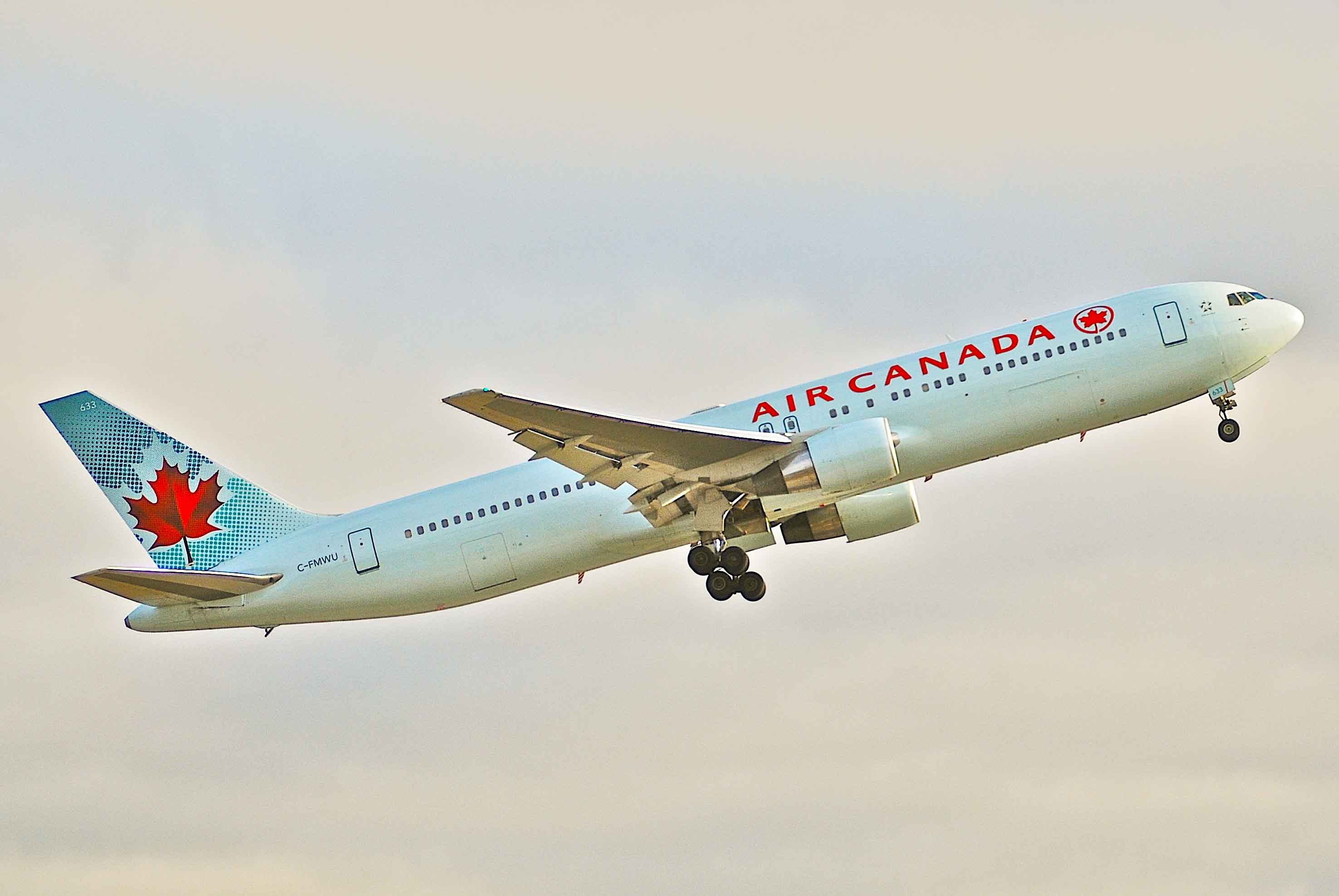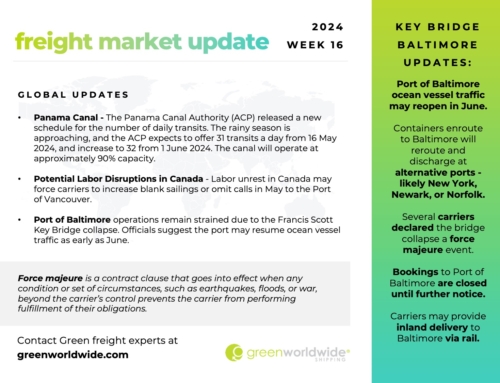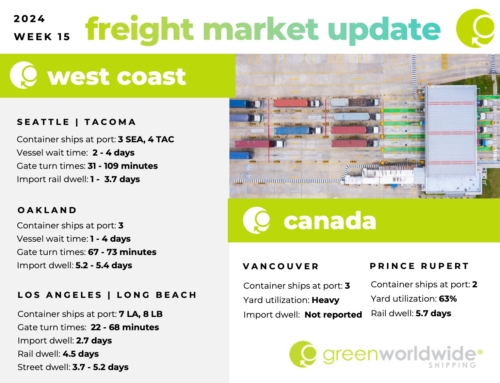Announced over the weekend, the United States, Mexico and Canada made international headlines as the three neighboring countries signed onto a new free trade agreement, called the United States-Mexico-Canada Agreement (USMCA). The new deal included provisions to raise Canada’s duty-free, de minimis, levels from $20 CAD to $150 CAD and the sales tax from $20 CAD to $40 CAD.
For the first time since 1985, Canadian consumers purchasing U.S. goods from online retailers will not have to pay duty on products shipped vis courier that are under $150 CAD or less. The increase is only on products bought online and doesn’t extend to border-crossings. In comparison, the United States’ de minimis threshold is $800 USD applied to e-commerce.
Canadian retailers such as the Retail Council of Canada and local e-tail giant leadership, like eBay Canada, say the change would be detrimental. Andrea Stairs, General Manager, eBay Canada & Latin America, had harsh criticism for the new policy:
“eBay Canada has long advocated for trade policies that lessen the burden on Canadian consumers and small businesses (SMBs) who want to participate in the global economy. As we understand it right now, the Canadian de minimis provision in the USMCA applies only to shipments made by private courier; it does nothing to change the 30-year-old threshold for postal shipments. As such, it is a failure for Canadian taxpayers, consumers and small- and medium sized businesses. This new two-tier threshold – which only applies to the small minority of products shipped by private courier into Canada – has further convoluted border policies without meaningfully benefitting consumers or SMBs. Canadians will now have to remember and manage three thresholds — $20 for postal shipments, $40 for tax on courier shipments, and $150 for duty on courier shipments. Clearly, these new thresholds will do nothing to enhance predictability for Canadian consumers or competitiveness for Canadian small businesses. They are also fundamentally at odds with the government’s aspiration for Canada to be an innovative and competitive global trade leader.”
While eBay’s Main Street promoted support for the increase, citing benefits for Canadian businesses:
“The CD Howe Institute found that an increase in the de minimis level from $20 to $80 would benefit Canadian businesses by more than $100 million in reduced red tape and other costs. A higher de minimis threshold would allow small Canadian businesses to more freely accept returned items globally, thereby reducing overall costs and breaking down trade barriers.
Increasing Canada’s de minimis threshold for ecommerce would give Canadian businesses better access the low-value international supply chain, making them more competitive internationally.”
The USMCA now faces a mandatory 60-day U.S. Congressional review but could be signed as early as December 1. Once officially signed, bill legislation will be introduced to both the House and Senate to review, ratify and implement the agreed terms.
Read the Office of the United Stated Trade Representative’s full United States-Mexico-Canada Agreement Text.
As Green continues to monitor the situation, stay up-to-date on freight news by following us on Facebook, Twitter, and LinkedIn or, subscribe to Green’s Freight Talk blog to received updates directly to your email.






